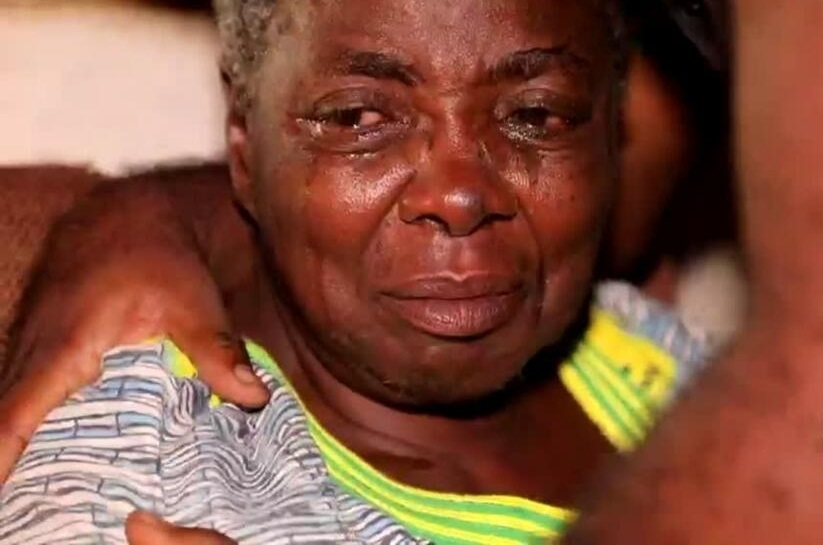Coping with Grief and Loss: Tips for Africans
By: Adebowale Bello, Freelance Health Writer. With medical review and editorial support by the Datelinehealth Africa Team

Grieving and sad looking African woman with teary eyes
Grief is a natural response to a significant loss and is usually associated with the death of a loved one, however other life experiences such as a relationship breakup, health crisis or loss of job can also trigger the range of emotions associated with grief.
The journey of grief is one that each of us would embark on and even though people grieve in different ways, there is a collective sense of loss which can be manifested as remorse for taking or not taking a particular action, anxiety, anger, guilt, confusion, mood swings and even withdrawal symptoms.
Though grief is natural, when it becomes intense, it can be life threatening and may lead to self-harm or suicidal thoughts. Hence, it is essential for you to understand and know how to cope when you experience grief and loss.
The US Centers for Disease Control and Prevention (CDC) has detailed a few steps or tips which you can take or adopt to help you cope with grief and loss These steps have been organised here into an easy to remember acronym; A.C.E.P.T.
The practice of support is common in the African setting as people rally round looking for ways to help and relieve the grieving individual. This may include group or individual offers of prayers and other spiritually based counselling, the performance of tasks like washing of clothes, dropping the kids off at school or even heading to the market to stock up on provisions, These “little acts” go a long way in providing succour and comfort.
Time Heals: In addition to embracing the practices detailed above, the passage of time itself is needed for the necessary healing to take hold and blunt the initial intense grief and hopelessness that you may have had. Time aids acceptance of loss. Time heals!
Apart from the tips discussed above, a recent study carried out in the United States discussed how positive events known as “Uplifts” could bring a sense of joy and satisfaction in one's life.
Uplifts don't have to be large, extravagant things but even acts such as getting enough sleep and open communication with your partner or a trusted friend can help manage the negative feelings and emotions attached to grief.
If you're coping with loss, here are some uplifts you should do to boost your emotional well-being daily:
Dealing with grief and loss can be challenging. However by embracing the notions in A.C.E.P.T. and practicing uplifts daily, you can find joy, meaning and hope again as you heal from the pain of loss.
Related: How Grief Affects Your Body and How to Fix It, According To An Expert
Published: February 20, 2024
Updated: March 8, 2024
© 2024. Datelinehealth Africa Inc. All rights reserved.
Permission is given to copy, use and share content for non-commercial purposes without alteration or modification and subject to attribution as to source.
DATELINEHEALTH AFRICA INC., is a digital publisher for informational and educational purposes and does not offer personal medical care and advice. If you have a medical problem needing routine or emergency attention, call your doctor or local emergency services immediately, or visit the nearest emergency room or the nearest hospital. You should consult your professional healthcare provider before starting any nutrition, diet, exercise, fitness, medical or wellness program mentioned or referenced in the DatelinehealthAfrica website. Click here for more disclaimer notice.